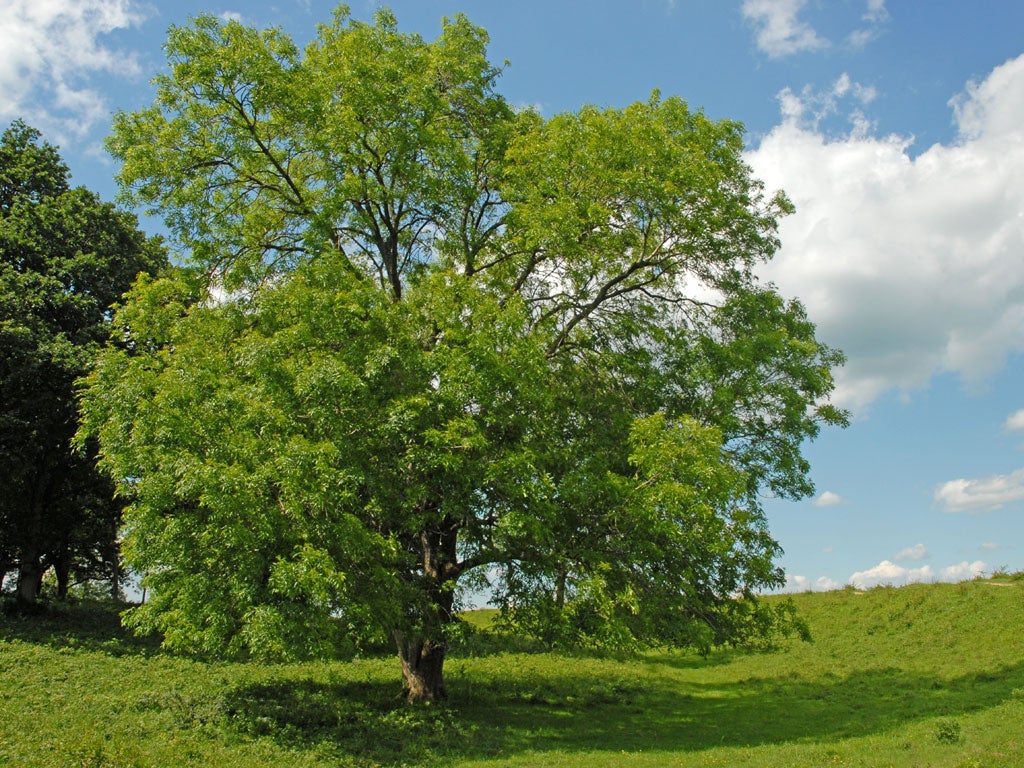Urgent action is needed to up UK's defences against plant diseases like fungus killing ash trees, says Environment Secretary Owen Paterson

Britain needs a radical rethink of its defences against emerging plant diseases brought in from abroad, such as the chalara fungus now threatening ash trees, the Environment Secretary, Owen Patterson, said.
Urgent measures need to be taken to prevent other infections being introduced, which might include setting up an international early warning system via British embassies, and stopping trees and plants being freely traded throughout the European Union, he said.
Announcing a series of interim measures to tackle the chalara problem, Mr Paterson said that in future, imported plant infections would have to be treated as seriously as imported animal diseases.
There would have to be a shift of priorities within his Department of Environment, Food and Rural Affrairs (Defra) to address the issue, which might involve some of Defra’s present activities being sidelined – although he would not say which.
A task force led by Defra’s chief scientist, Professor Ian Boyd, would report on long-term preventative action against imported plant diseases at the end of the month, he said.
It is becoming clear that the chalara infection, which has now been found at 129 sites, including 64 in mature woodland, is just one of a range of emerging plant diseases which are getting commoner and which might be brought to Britain. There were five cases of foreign tree diseases brought into Britain in the whole of the 20th century, but since the year 2000 there have been more than double that number.
“For all we know there is a horrible disease in birch trees out in Slovakia or Poland at the moment,” Mr Patterson said. “We know chalara was in Poland in the later 1990s. We should be working much more in advance, looking at these diseases as they find their way across the continent.
“It’s obvious that we are in a new situation. For reasons we don’t understand, there are number of very dangerous diseases out there which pose a real threat to very significant volumes of species here, and which could have a devastating effect on our forests and our environment.”
Announcing his interim chalara action plan, which focuses on continuing to search for infected trees, Mr Patterson said it would not be possible to eradicate the disease. But it might be possible to find strains of ash which were genetically resistant to the fungus, which then could be widely bred.
Join our commenting forum
Join thought-provoking conversations, follow other Independent readers and see their replies
Comments
Bookmark popover
Removed from bookmarks